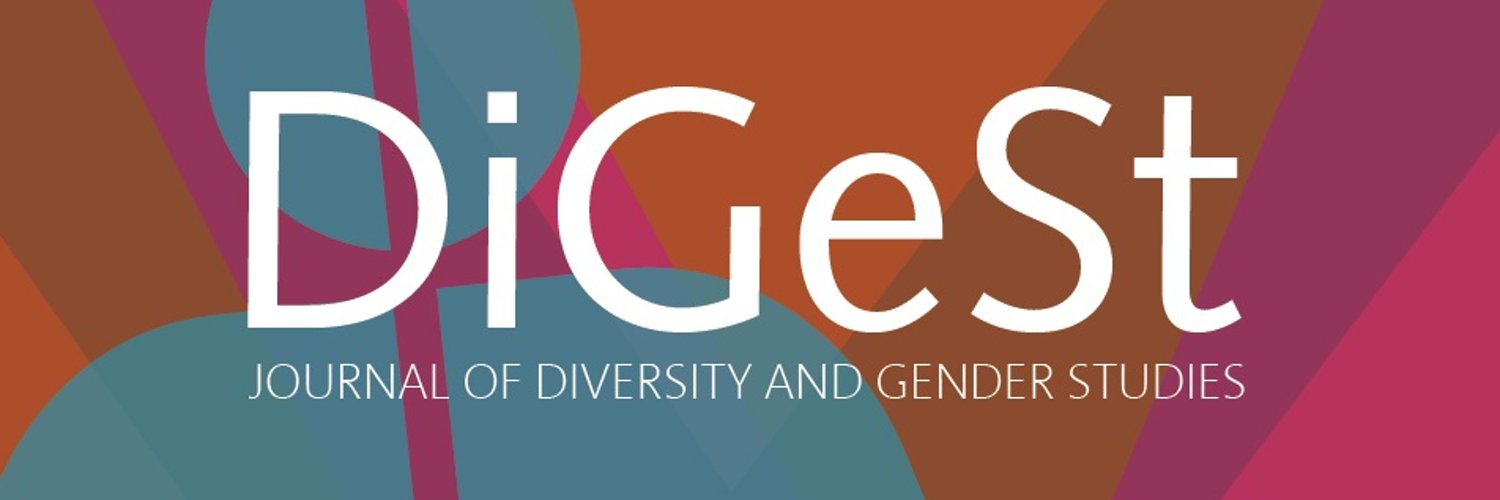Gendered aspects of distress migration: Taking note of Rohingya voices
- Vasileia Digidiki (FXB Center for Health & Human Rights at Harvard University)
- Jacqueline Bhabha (FXB Center for Health & Human Rights at Harvard University)
Abstract
A qualitative study conducted among Rohingya refugees in Bangladesh provides empirical confirmation of two types of adverse consequence that frequently occur following distress migration: harsh and exclusionary host state policies, and exacerbation of power inequities (and related abuse) within the refugee community. This article describes research that explored the circumstances of female Rohingya refugees living in the Cox’s Bazar refugee camps in Bangladesh after fleeing genocidal violence in Myanmar. The refugees describe harsh gendered aspects of their forced displacement, including limited access to needed protection and services as well as intra-community hardships exacerbated by the impact of displacement and segregation. Both sets of outcomes constitute preventable human rights violations that require redress.
How to Cite:
Digidiki, V. & Bhabha, J., (2021) “Gendered aspects of distress migration: Taking note of Rohingya voices”, DiGeSt - Journal of Diversity and Gender Studies 8(2), 22-39. doi: https://doi.org/10.21825/digest.v8i2.17609
Downloads:
Download PDF
View PDF
3035 Views
399 Downloads
